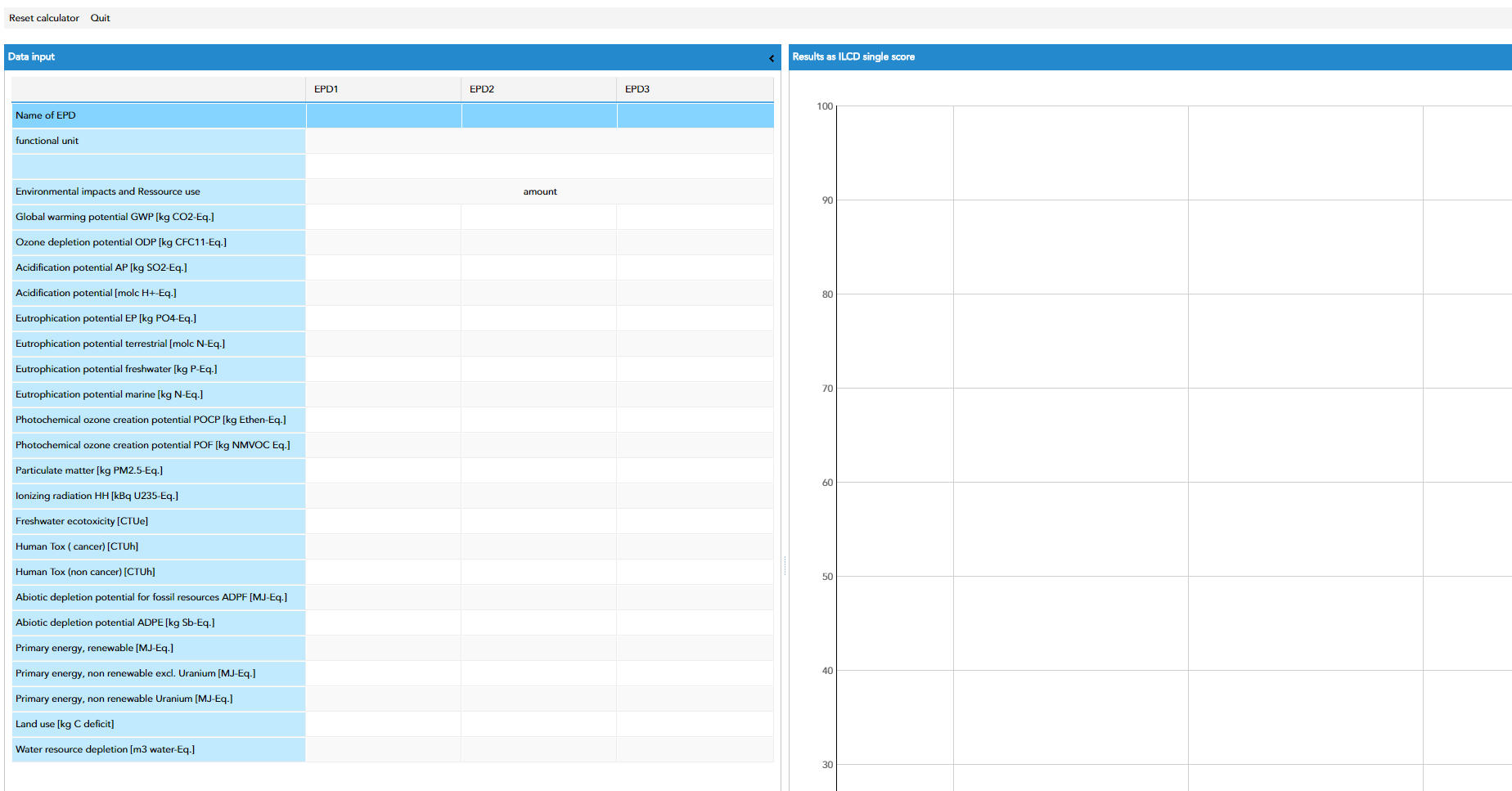Would you like to measure the environmental impact of products or services?
Would you like to know the ecological and economic consequences of a decision to be made?
Do you need a rational basis for environmentally responsible business management?
In our globalised world, we are confronted with the fact that the use of a product in this country can lead to environmental problems elsewhere due to its previous manufacture and delivery. The life cycle assessment has become an established tool for quantifying the overall impact of selected processes, companies, products or services.
A life cycle assessment (LCA) takes into account emissions and resource consumption quantitatively over the entire life cycle. The results can then be combined with economic indicators to create eco-efficiency indicators.











